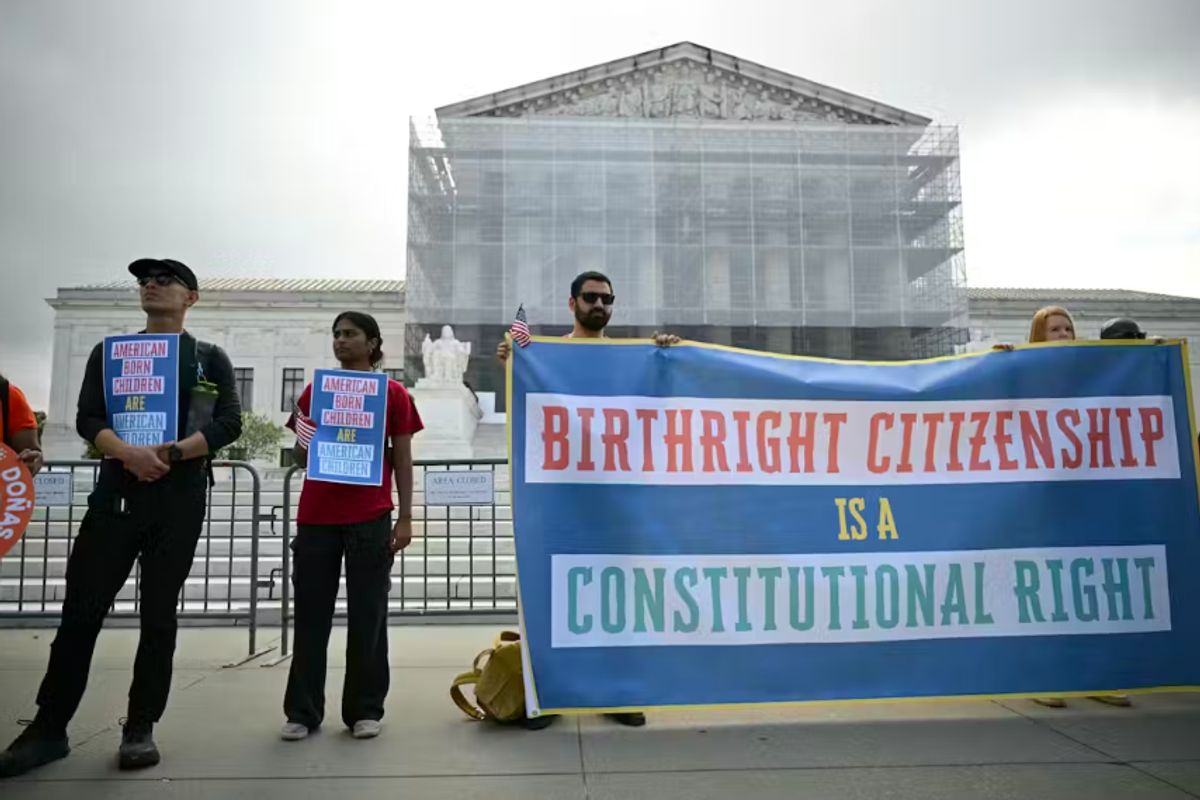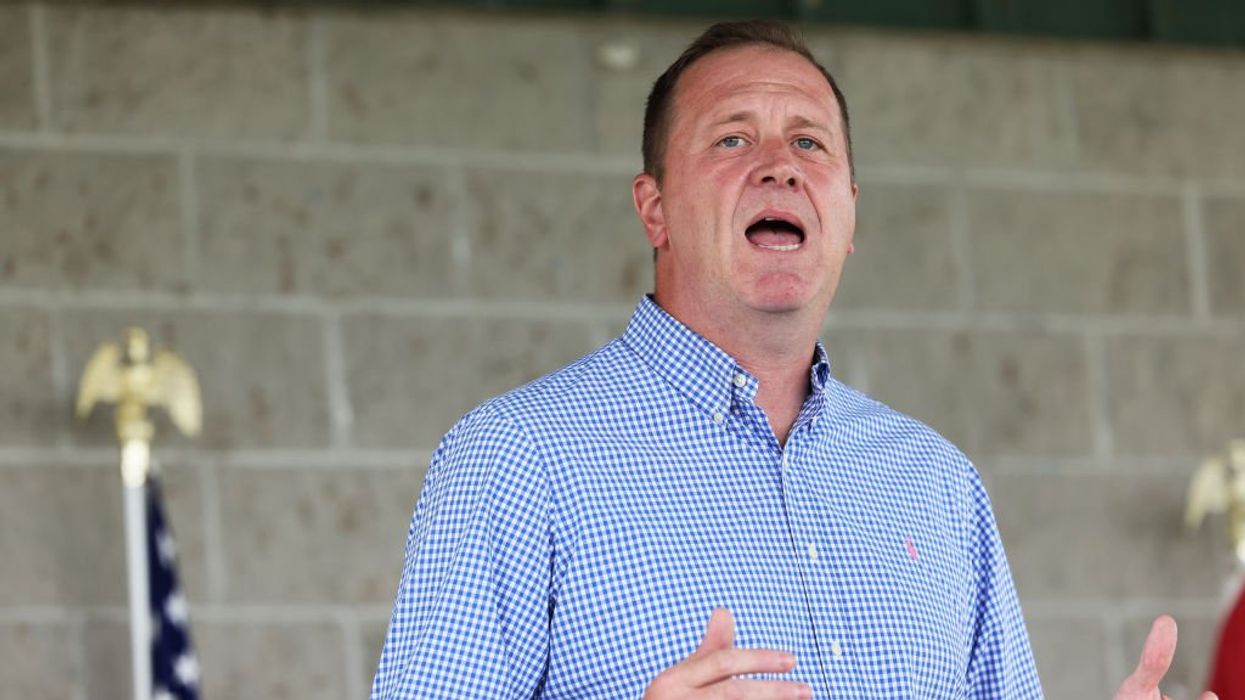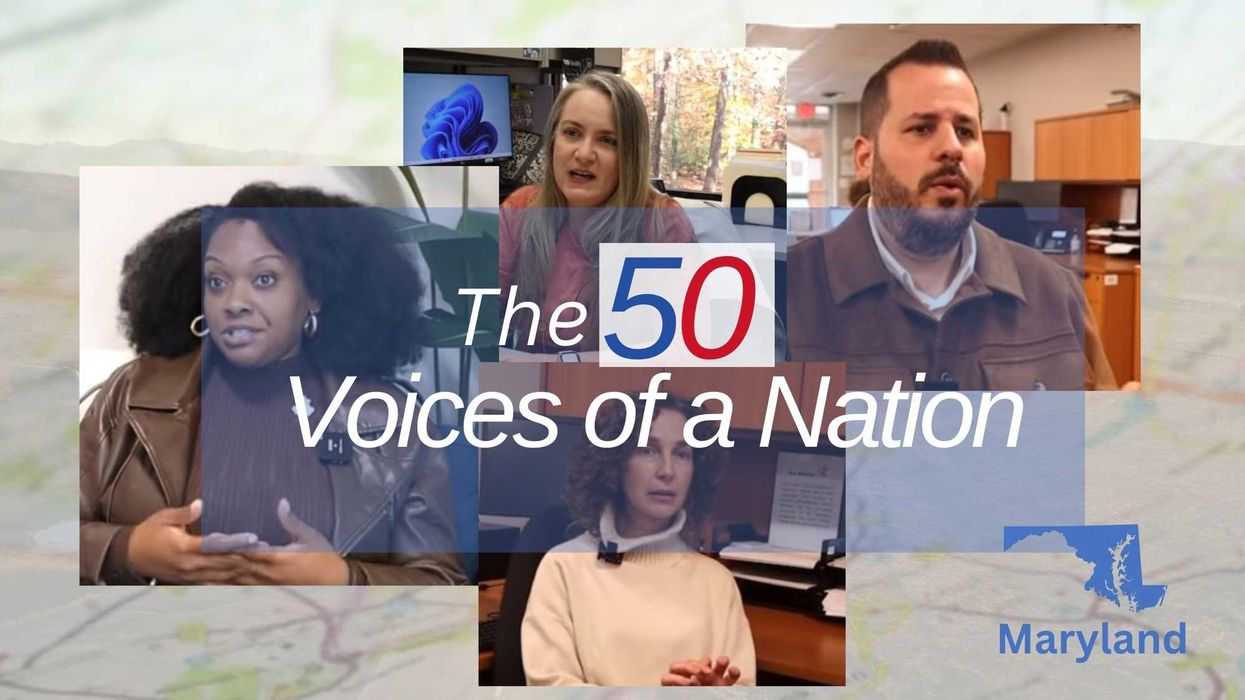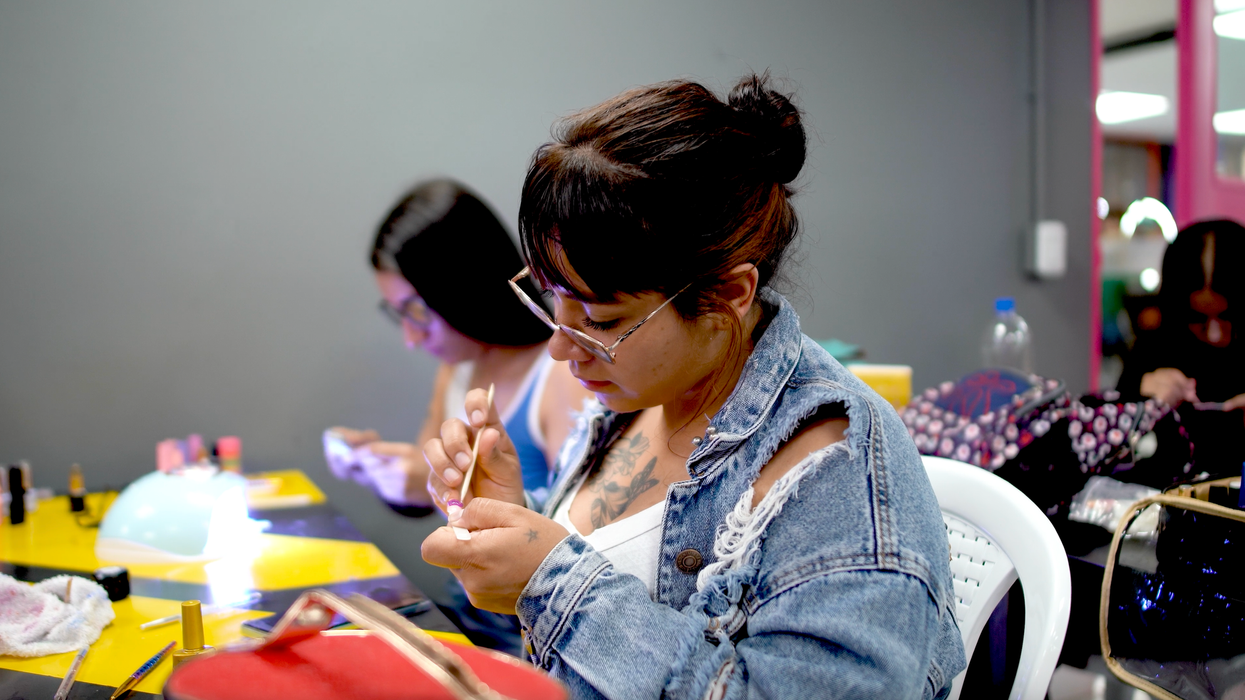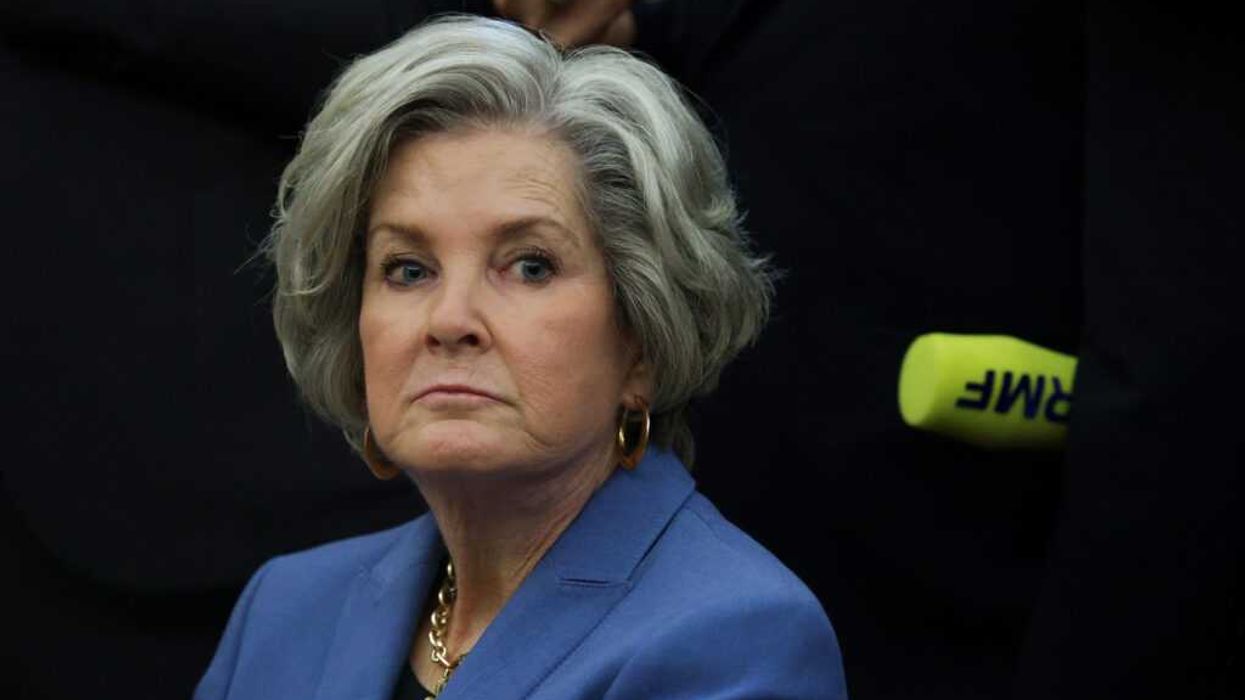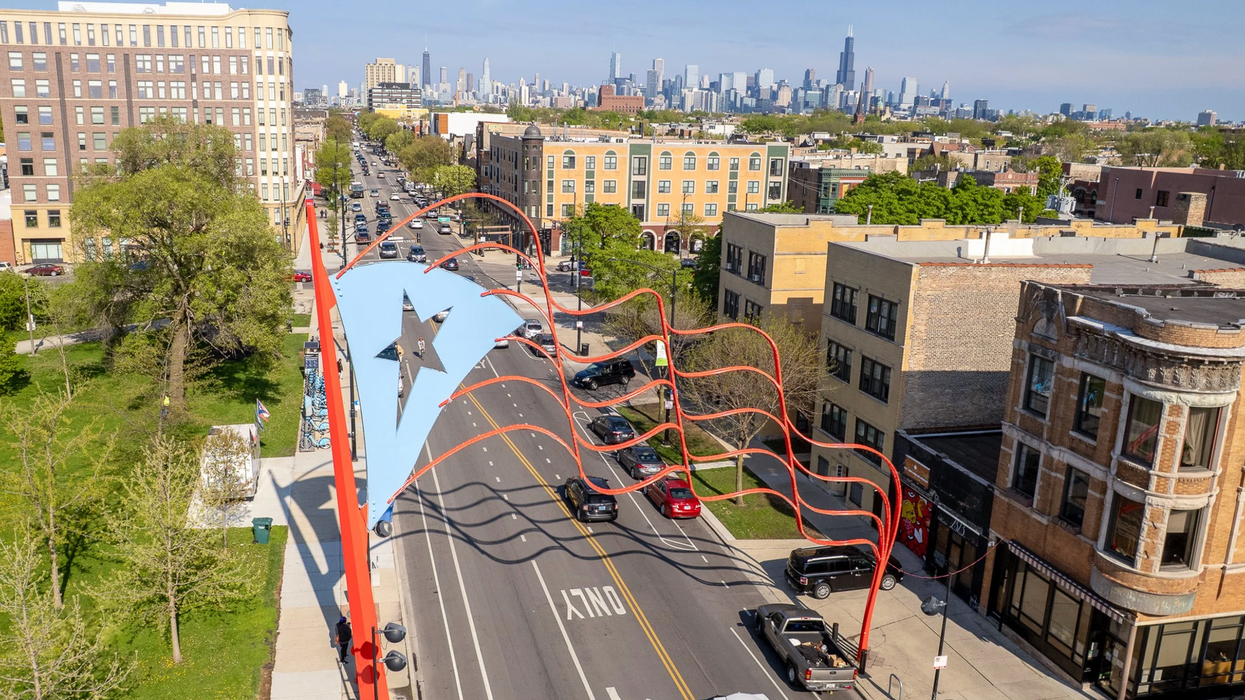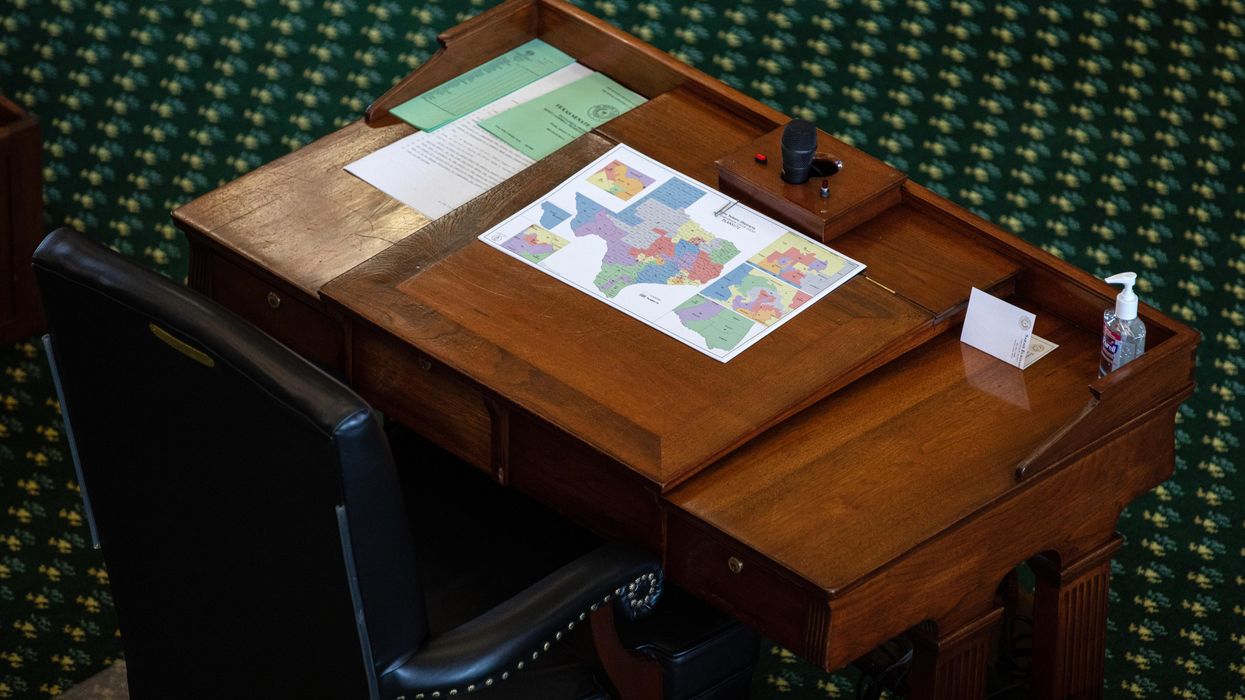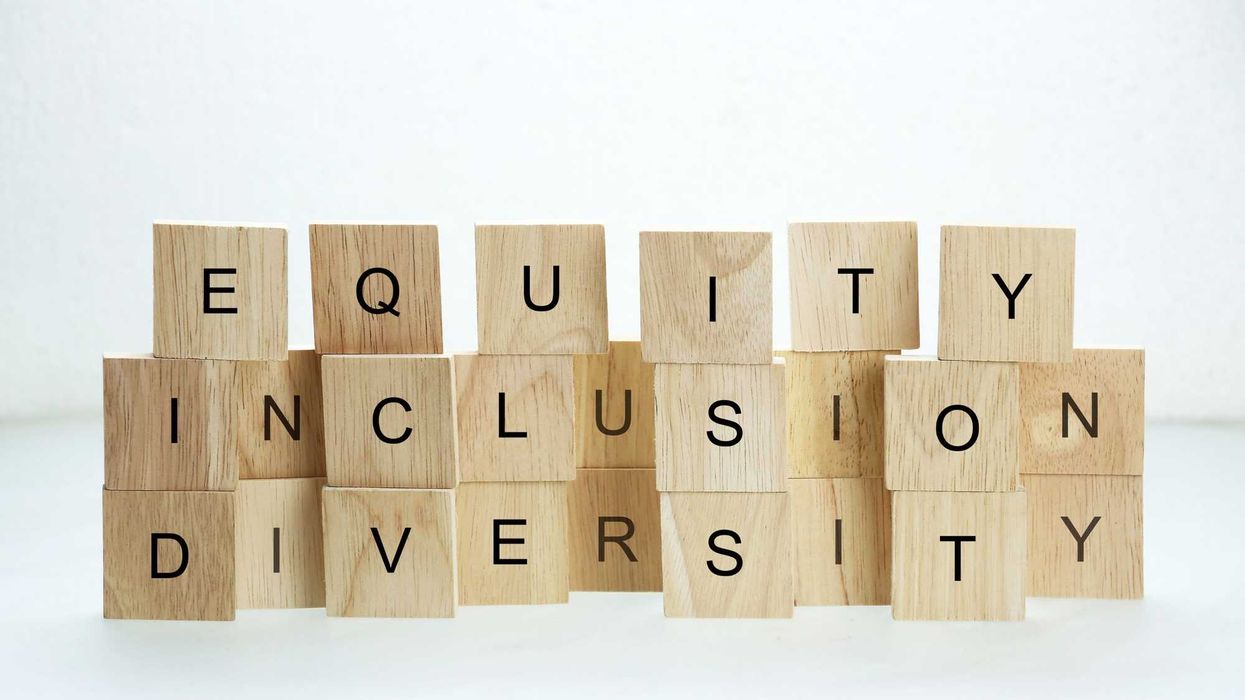When Missouri Senator Eric Schmitt stood before the National Conservatism Conference earlier this month and declared, “America doesn’t belong to them—it belongs to us. We can no longer apologize for who we are," he wasn’t just making a rhetorical flourish. He was drawing a line—a line between who gets to belong and who gets erased.
Schmitt’s speech, titled “What Is an American,” celebrated the legacy of European colonizers, claiming they “repelled wave after wave of Indian war band attacks” and “tamed the continent” to build civilization. He described Americans as “the sons and daughters of the Christian pilgrims who poured out onto the ocean’s shores,” and closed with: “We’re not sorry. Why would we be sorry? America is the proudest and most magnificent heritage ever known to man”.
The St. Louis Post-Dispatch reported that Schmitt’s remarks echoed “blood and soil” rhetoric historically associated with white supremacist movements. He dismissed the idea that “all men are created equal” should define American identity, mocked outrage over George Floyd’s murder, and valorized Confederate generals.
Schmitt glorifies European conquest and dismisses the foundational contributions of Indigenous peoples, enslaved Africans, and immigrants.
But history tells a different story.
Civil rights advocates and historians have condemned the speech for promoting exclusionary narratives that erase Indigenous, Black, and immigrant contributions to American history. Bridgette Dunlap of the Missouri Independent noted that Schmitt’s framing “justifies real-world power grabs,” including efforts to disenfranchise voters and undermine constitutional amendments that expanded civil rights.
"Schmitt is peddling a perverse and revisionist originalism in which only the founders who won the debates of the time matter," writes Dunlap. "He calls us back to when the Constitution was first signed — when it counted enslaved people as 3/5ths of a person to appease slaveowners. He is rejecting the Constitution that the people of the U.S. amended with the 14th, 15th, and 19th Amendments to include those of us who are not male or white.”
Senator Schmitt’s speech wasn’t just offensive. It legitimizes policies that disenfranchise voters, erase histories, and justify violence in the name of heritage. It tells millions of Americans—those who have built, defended, and reimagined this country—that they are outsiders.America’s story is not the property of any one lineage. It is a mosaic of struggle, resistance, and reinvention. Schmitt may claim that “America belongs to us," but we know that belonging is not his to bestow. It is ours to claim.
Hugo Balta is the executive editor of the Fulcrum and the publisher of the Latino News Network. Balta is the only person to serve twice as president of the National Association of Hispanic Journalists (NAHJ).
